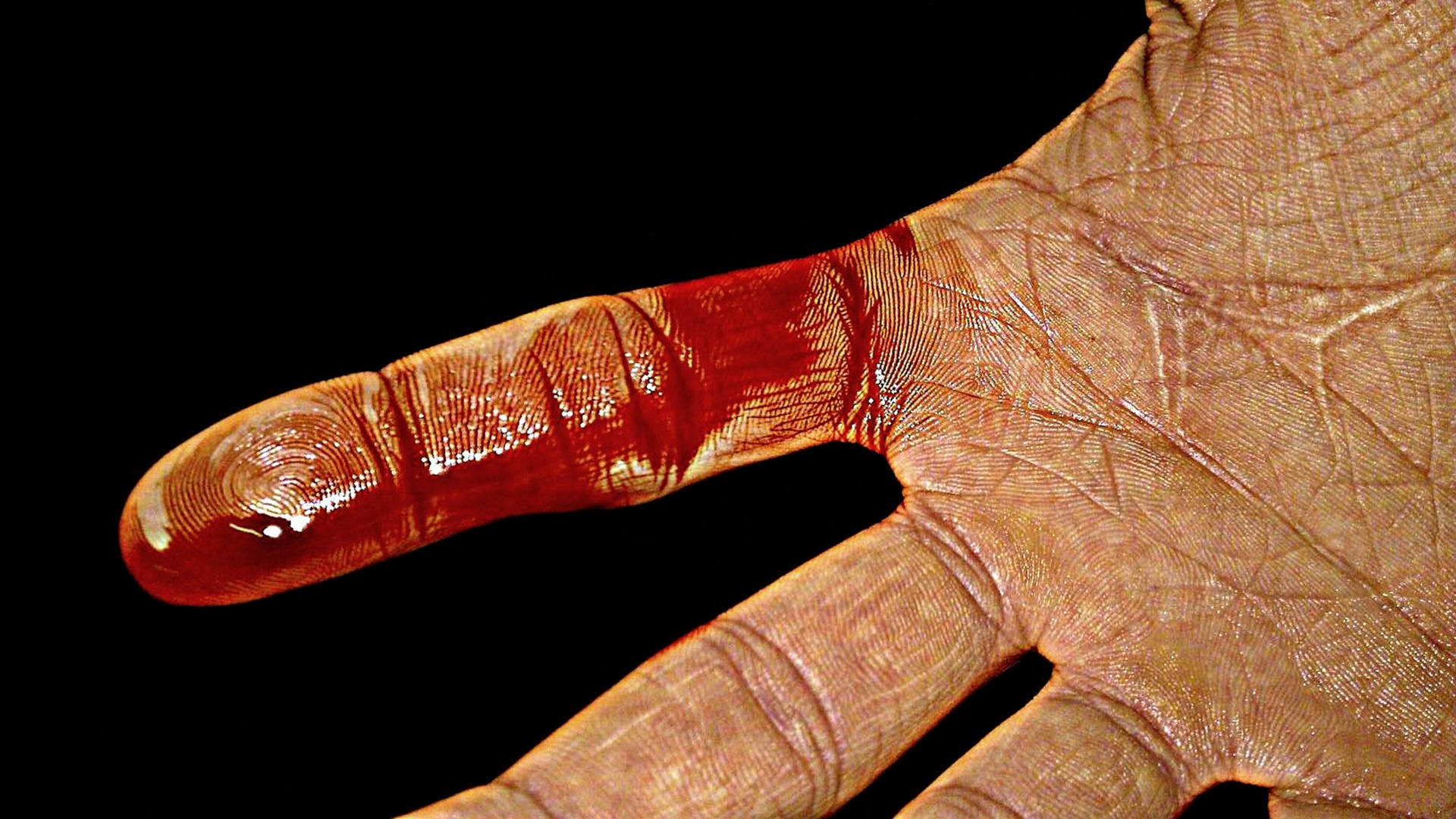Angling is a popular sport in coastal and inland Georgia, South Carolina, and North Carolina. These three states are notorious for significant populations of salt and freshwater fish species. Fishing comes with risks, including accidental punctures of the skin caused by the sharp points of hooks. Caution must always be taken when casting, handling hooks, and hook removal from fish. Remember, the most significant risk of puncture is a result of anglers within your vicinity. Here is what you need to know about a fish hook injury and how to remove fish hook from finger or another area.
How Do Fish Hook Injuries Occur
When it comes to fish hook injuries, they occur in multiple ways. The most commonly injured body area results from a fish hook in finger or hands.
Handling Hooks
When it comes to fish hook injuries finger wounds are common because of the frequency in which anglers handle hooks. When tying knots, tension is applied. The sharp points penetrate the skin due to hooks slipping free of fingers before becoming lodged in another digit.
Injuring Other Anglers Within The Vicinity
While the hands and fingers are the most frequently injured, other body parts are susceptible, mainly when fishing near fellow anglers. Causing a fish hook injury to a nearby angler will leave the person responsible feeling guilty.
New anglers or those not paying close attention frequently hook other anglers when casting or pulling snags free from the bottom or brush along the shore. The flying hook shoots like a missile causing the hook to deeply penetrate the scalp, ears, face, legs, arms, or torso. Stand clear of other anglers to avoid the risk of injury.
Hook Removal
Removing hooks from squirmy and slippery fish is a tall order even for the most experienced anglers. Hook removal must be accomplished with pliers to avoid handling the sharp points near the hands.
Anglers often receive deep penetrating wounds due to the hook flying free from the mouth or the fish flopping while handling the hook by hand. Keep your hands away and use fishing pliers.
Can You Get Tetanus From A Fishing Hook
To answer the question can you get tetanus from a fish hook, yes, anglers are susceptible to contracting the toxin-producing bacteria by handling rusted fishing hooks. When fishing hooks penetrate the skin, anglers are at risk of contracting tetanus poisoning.
To avoid contracting tetanus, ensure that your vaccination is up to date. If you have not received the tetanus vaccine when rusty hooks become lodged, visit your local medical office for a consultation.
A measure to reduce the likelihood of becoming at risk of contracting tetanus from fish hook is to dispose of rusted hooks and replace them. However, don’t panic and assume that as a result of a fish hook in finger tetanus will occur.
How Do You Remove A Fish Hook From Your Skin
The method of removing a hook is highly dependent on how deeply it has become lodged. One of the most common places that hooks become embedded is the fingers. Therefore, it is important to understand fish hook removal from finger.
When the hook pushes entirely through, and the point protrudes on the opposite side of the skin, the best removal method is by cutting the tip, including the barb free. The removal is possible in the comfort of your own home or while fishing when using side cutters. Clip the barb and point free with side cutters and back the remaining portion out of the skin.
The second method of removal is more painful but effective. Rather than cutting the tip free, grip the hook with pliers, align the shank at the entrance angle, and jerk back quickly. This technique will cause pain because the barb pulls back through the skin.
How Do You Prevent A Puncture Wound From A Fish Hook
There are multiple methods to preventing a puncture wound from a fish hook. Considering the hands are most at risk and especially a fish hook in finger, one of the best ways to avoid this type of injury is by purchasing the best fishing gloves on the market. Gloves help protect the skin when handling fishing tackle.
In addition to wearing gloves, keep yourself free from danger by remaining clear of anglers who are casting and retrieving fishing lines. Additionally, wear clothing that covers exposed areas of the skin. Lastly, use pliers in combination with fishing gloves.
How Do You Clean A Fish Hook Wound
After a lodged fishing hook has been removed from the skin, it is essential to clean the wound. Bacteria cultivates on fishing hooks from both the water and fish mouths.
Once the hook is free, wash the hands thoroughly with soap and water. Run cool water on the injury while washing the wound with mild soap for a minimum of ten minutes. Allow the injury to dry and cover with a bandage or wound dressing.
Despite washing the injury, the body is susceptible to infection. Should the wound become hot, red, and discharge pus, seek medical attention.
Now You Know How To Handle A Fish Hook Injury
When it comes to a fish hook injury, it is best to avoid the situation using preventative methods. If the skin is injured due to fishing, remove the fish hook in hand, fishing hook in finger, or any other location, and clean the wound. However, despite taking all of the necessary precautions, infections do occur. Seek medical attention when required. The likelihood of penetrating wounds is uncommon. Focus on catching fish in Georgia, South Carolina, and North Carolina.






